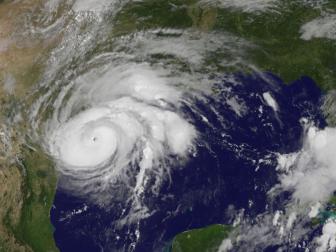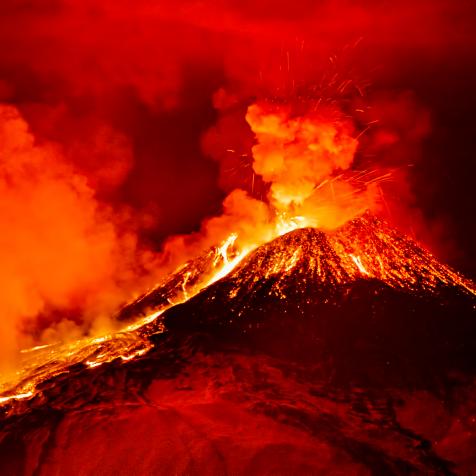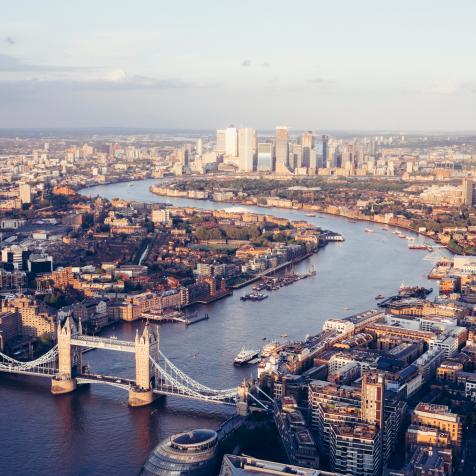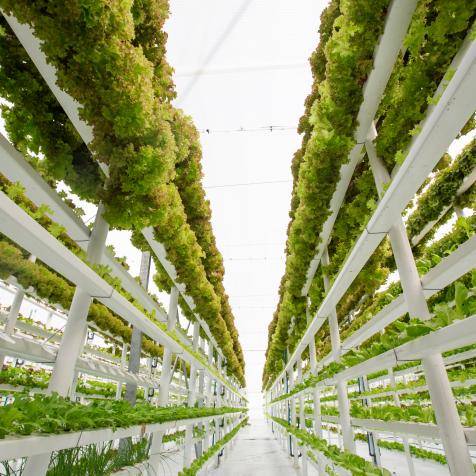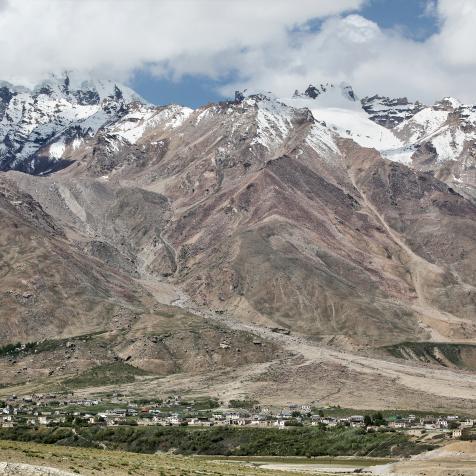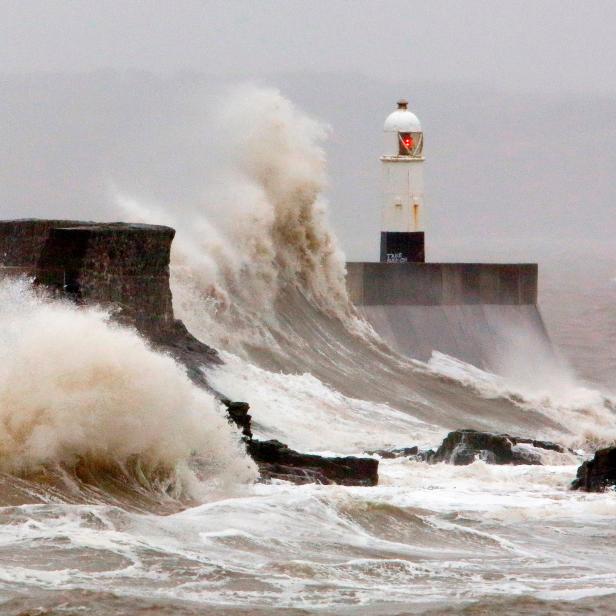
GEOFF CADDICK
Storm Dennis, When 2 Become 1 Menacing Bomb Cyclone
What is a bomb cyclone? And what’s up with Storm Dennis being such a menace in the UK?
We hear a lot of scary weather terms like polar vortex, stormquakes, and bomb cyclone. And right now, it’s all about Storm Dennis which crashes into the UK just days after Storm Ciara finished her wrath of heavy rain and extreme wind gusts.
Named by the U.K. Met Office, Storm Dennis has rapidly intensified into a bomb cyclone that is merging with another intense storm near Iceland and Greenland, resulting in blizzard conditions and powerful winds across Iceland and the UK over the weekend.
If it continues to rage on as predicted, it’s poised to rank as one of the most intense North Atlantic storms on record, according to Weather Underground weather historian Christopher Burt and British weather historian Stephen Burt.
According to Accuweather, “Storm Dennis exploded into a bomb cyclone on Thursday after its central pressure plummeted 1.38 inches of mercury (46 mb) in 24 hours. This incredible drop in pressure is almost two times greater than what is needed to be considered a "bomb cyclone," which is defined by meteorologists as a pressure drop of 0.71 of an inch of mercury (24 mb) over a 24-hour period.”

GEOFF CADDICK
Huge waves crash against the sea wall at Porthcawl, south Wales as Storm Dennis hits the country on February 15, 2020. - As Storm Dennis sweeps in, the country is bracing itself for widespread weather disruption for the second weekend in a row. Experts have warned that conditions amount to a "perfect storm", with hundreds of homes at risk of flooding.
But let’s take a step back. What is a bomb cyclone?
The National Oceanic and Atmospheric Administration (NOAA) defines bomb cyclones as being formed by a process called bombogenesis, "a popular term used by meteorologists, occurs when a midlatitude cyclone rapidly intensifies, dropping at least 24 millibars over 24 hours. A millibar measures atmospheric pressure. This can happen when a cold air mass collides with a warm air mass, such as air over warm ocean waters. The formation of this rapidly strengthening weather system is a process called bombogenesis, which creates what is known as a bomb cyclone.”
You might also like
Stormquakes: A Seismic Discovery
Two cataclysms become one.
Storm Research: Studying the Role of Extreme Weather in Our Planet's Climate
Storms seem to be getting bigger and badder every year.
The Science Behind Hurricanes
Hurricane season is back. Here’s what you need to know about these violent storms.
It looks like Storm Dennis is well on its way to making it mark in storm history and is set to run its course through the U.K. this Valentine’s Day weekend. Those in the North Atlantic, be prepared for extreme weather conditions and be safe.
You can follow the official Met Office Twitter for #StormDennis updates and precautions.











